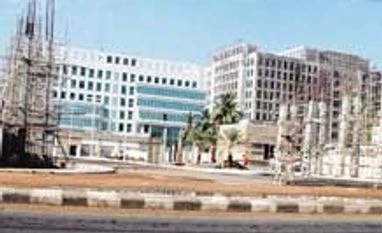The report, which was tabled in Parliament on Friday, pulled up several SEZ developers such as Reliance, Essar, SriCity, DLF and Unitech, among others. Out of 45,635.63 hectares notified for the development of SEZs, actual operations took place only in 28,488.49 hectares or 62 per cent of the notified land, CAG stated.
It further noted that although the developers were approaching the government for allotment of vast portions of land throwing up SEZ proposals, “only a fraction” was put to actual use. Some of those were even cancelled at a later stage by the developers, in order to avail benefits from price appreciation.
More From This Section
“Many tracts of lands were acquired invoking the ‘public purpose’ clause. Thus, land acquired was not serving the objectives of the SEZ Act … Acquisition of land from the public by the government is proving to be a major transfer of wealth from the rural populace to the corporate world,” the report stated.
The CAG also asked Department of Commerce to monitor acquisition and de-notification of land that are acquired in the name of setting up of SEZs. It said developers such as Reliance Industries, Essar Steel Hazira Ltd. and SriCity have all diverted portions of their SEZs for other industrial uses.
The CAG has also highlighted the issue of unlimited extension of the approval granted to the SEZ developers that have failed to start operations.
Mukesh Ambani-promoted Navi Mumbai SEZ approached the previous United Progressive Alliance government for setting up a multi-product SEZ spread over 1,250 hectares at Dronagiri in Maharashtra in 2006. Since then, not a single unit has come up there. However, it was able to obtain a series of extensions, well beyond the sixth year.
“It was observed in the audit that SEZ sectors were converted into residential as well as industrial sectors. With the conversion of zoning plan, the implementation of SEZ was adversely affected,” it added.
On the issue of tax administration, CAG said: “Our review of the tax assessments indicated several instances of extending in-eligible exemptions to the tune of Rs 1,150.06 crore and systemic weaknesses in direct and indirect tax administration to the tune of Rs 27,130.98 crore,” CAG said.
However, the CAG also noted many factors affected the growth of SEZs - such as imposition of minimum alternate tax and dividend distribution tax and non-applicability of export promotional benefits granted under the Foreign Trade Policy to SEZs.
)